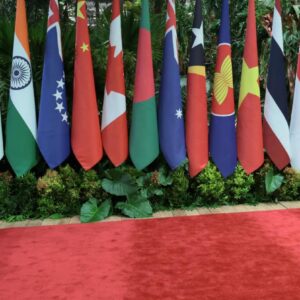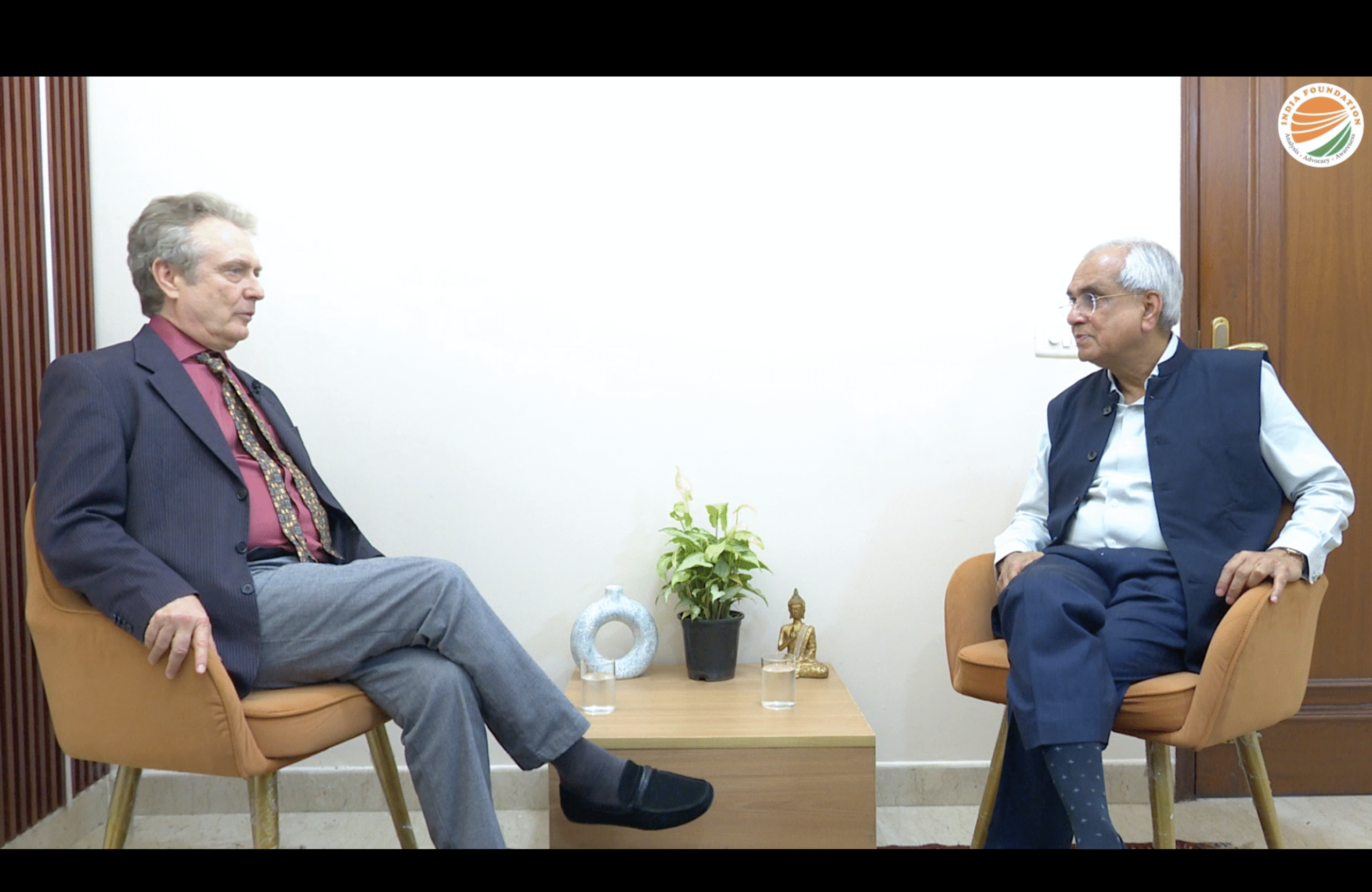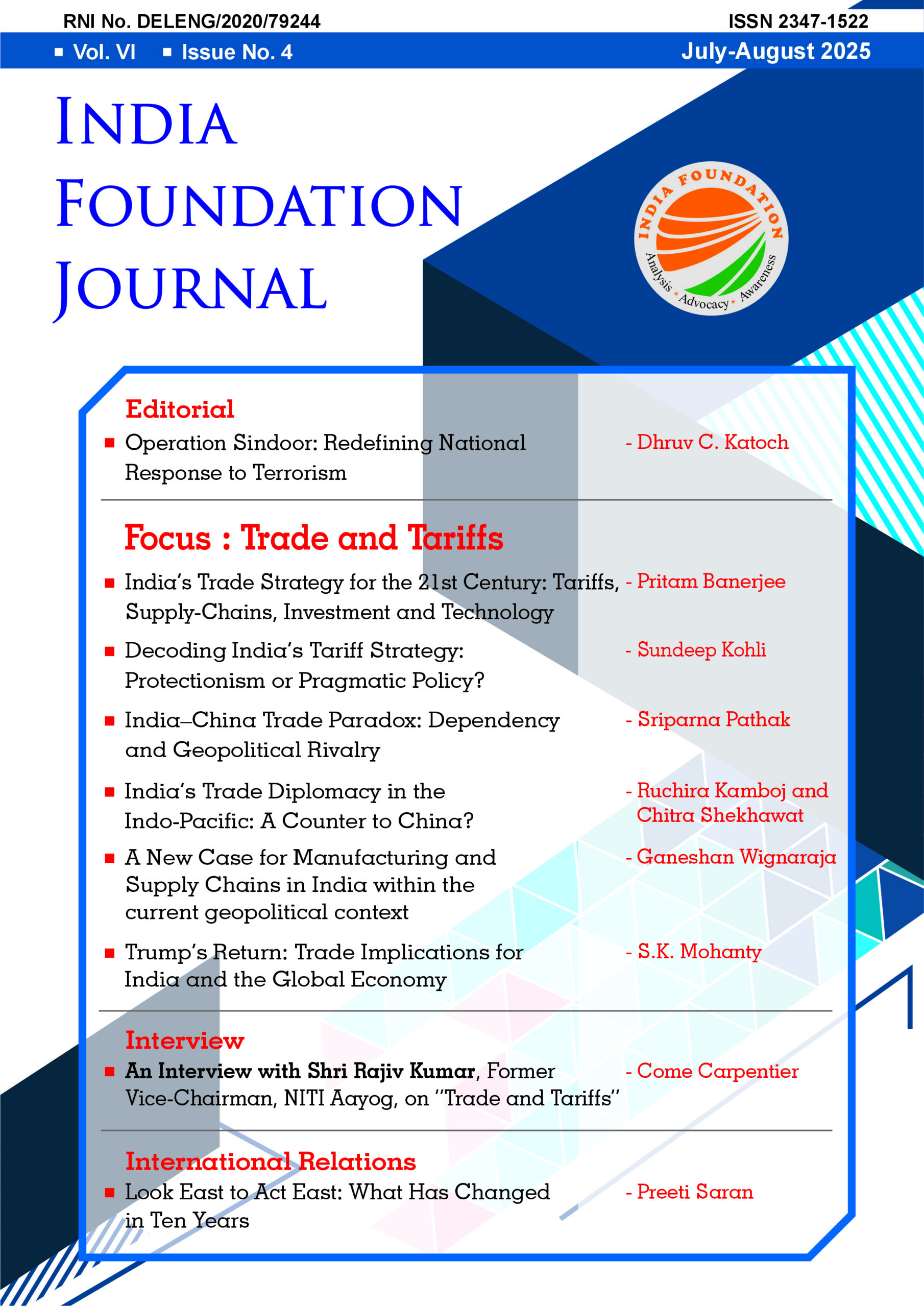In a large pluralist country like India, the pursuit of essential policy reforms often gets mired in controversies that can derail or push back the proposed measures. Political and other compulsions of various parties and vested interest groups make such reforms and measures convenient issues for whipping up passions to further their own interests, even if the same is detrimental to the national cause.
Since independence, building communication infrastructure in our border areas has been held hostage to the actions of groups which have opposed such development, ostensibly on grounds of preserving the ecology. Why both activities cannot be carried out simultaneously is conveniently glossed over. Such groups have also hindered development of our island territories. It is only now, during the past six to seven years,
that a concerted push has been given to infrastructure development in our border regions, but making up for the neglect of decades remains a huge challenge.
Reforms in the defence sector have also been tardy, largely due to resistance from certain groups who have a vested interest in continuation of the status quo. Two landmark reforms which have finally seen the light of day are the creation of the post of Chief of Defence Staff and more recently, the corporatisation of the Ordnance Factory Board (OFB). Defence production has also now been opened to the private sector and defence items opened up for exports. Had such action been taken earlier, India’s dependency on foreign equipment would have been far less today.
Certain landmark reforms of the government like the Citizenship (Amendment) Act (CAA), 2019 and the new Farm Acts that were enacted in 2020, were historic and long overdue. Yet, we have seen significant opposition to these, with anti CAA protests in Delhi blocking traffic for months on end and the anti-Farm Act protests, which are still
ongoing, witnessing protesters at the outskirts of Delhi, who refuse to budge from the protest sites. The challenge of implementing well intentioned reforms are indeed immense, and legislation will no longer be enough to enable the desired changes to be executed on the ground. It will have to be accompanied by a strong narrative, well before such legislations are introduced, so that public opinion is firmly behind the changes and the opposition to it would invite consequences when elections are held.
It reflects poorly on India’s polity that even when India is fighting a pandemic, there are groups which are instilling fears about the vaccine’s which are being produced in India and creating a phobia that is causing vaccine hesitancy in some quarters. While such fears have been largely allayed by the government’s proactive approach, the lessons for the future are stark and can be ignored only at our peril. The need to build the right narrative, debate it in public platforms and ensure its wide acceptance is how we need to move in future. When the country moves to a Uniform Civil Code and to nuanced population control measures, it would be vital to have a narrative that has been
debated and accepted across the board, to avoid any fissures in its implementation.
Author Brief Bio: Maj. Gen. Dhruv C. Katoch is Editor, India Foundation Journal and Director, India Foundation




